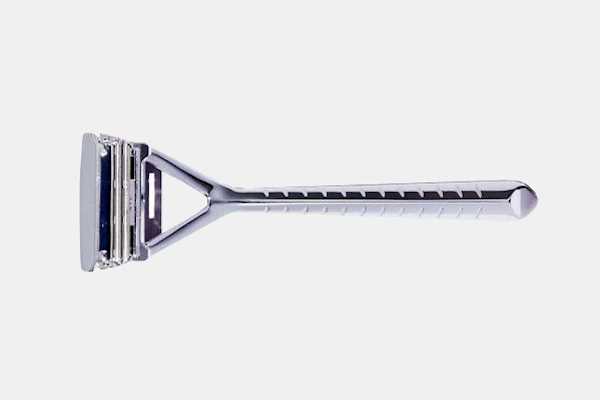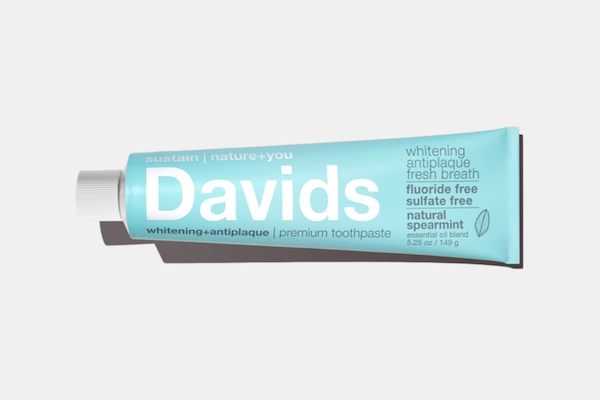As the world becomes more conscious of environmental sustainability, everyday choices—like how we handle dog waste—are now part of the conversation. One question pet owners frequently ask is: Are dog poop bags compostable? It’s a valid concern, as millions of dog owners use dog waste bags daily, leading to an enormous amount of waste piling up in landfills. Switching to compostable, eco-friendly alternatives seems like a great solution, but it’s essential to understand what "compostable" means in the context of dog poop bags and how you can make your pet's waste disposal more sustainable.
In this article, we will delve into the ins and outs of composting dog poop, the environmental impact of dog waste, and the options available for zero-waste and eco-friendly dog poop bags. As well as provide you with our recommendation at Lochtree, Poop-Bags: Compostable Pet Waste Bags.
The Environmental Impact of Dog Waste Bags
Every day, dog owners across the globe use millions of plastic dog waste bags to clean up after their pets. Most of these bags are made of traditional plastic, a petroleum-based product that doesn’t biodegrade. Instead, these plastic bags sit in landfills for hundreds of years, breaking down into microplastics that pollute the environment. Considering that the U.S. alone has over 90 million dogs, the environmental toll of conventional plastic dog poop bags is significant.
Considering that the U.S. alone has over 90 million dogs, the environmental toll of conventional plastic dog poop bags is significant.
This reality has led to a growing demand for compostable and eco-friendly dog poop bags that break down naturally and have a smaller environmental footprint. But can dog waste be composted? And if so, how does this process work?
Can Dog Poop Bags Be Compostable?
The short answer is: yes, some dog poop bags are compostable, but there are important caveats to consider. Compostable dog waste bags are typically made from plant-based materials like cornstarch, vegetable oils, or other natural fibers. Unlike traditional plastic bags, these compostable options are designed to break down under the right conditions, reducing the amount of waste sent to landfills.
However, just because a dog poop bag is labeled compostable doesn’t mean you can simply toss it in your backyard compost bin. Dog waste contains pathogens like E. coli and parasites like roundworms, which can contaminate soil and pose health risks if not handled properly. Composting dog waste requires a specific process to ensure it breaks down safely and does not harm the environment.
How to Compost Dog Poop Safely
Composting dog waste can be part of an eco-friendly lifestyle, but it requires extra steps to ensure safety. You cannot simply throw compostable dog poop bags into your regular home composting bin. Dog waste needs to be processed separately and at higher temperatures to kill off harmful pathogens. Here’s how to compost dog waste safely:
- Set Up a Special Compost Bin: You’ll need a dedicated compost bin specifically for dog waste. This bin should be placed away from vegetable gardens or areas where you plan to grow food crops, as composted dog poop is not suitable for plants intended for human consumption.
- Use Heat to Break Down Pathogens: Composting dog poop requires high temperatures—ideally between 140°F and 160°F—to break down harmful bacteria and parasites. Some composting systems designed for dog waste, such as pet waste digesters, use enzymes or heat to speed up the decomposition process.
- Let It Sit for Several Months: Composting dog waste is not a quick process. It may take several months, or even up to a year, for the compost to fully break down and become safe to use in non-edible plant areas like flower beds or lawns.
- Monitor the Process: Be sure to monitor the compost for temperature and moisture levels, as well as its breakdown rate. Proper composting of dog waste can help avoid health risks and ensure that the end product is safe to use.
Biodegradable vs. Compostable Dog Waste Bags: What's the Difference?
One common confusion among pet owners is the difference between biodegradable and compostable dog waste bags. While the terms are sometimes used interchangeably, they are not the same.
- Biodegradable Dog Poop Bags: Biodegradable means that the material will eventually break down, but there’s no specified timeframe or guarantee that it will do so in an eco-friendly way. Some biodegradable bags still contain plastic, which can break down into microplastics, causing environmental harm. Simply labeling a product as "biodegradable" does not mean it’s a green solution.
- Compostable Dog Poop Bags: Compostable bags, on the other hand, are made from natural materials designed to break down completely in composting conditions. Compostable dog waste bags meet strict standards, ensuring they break down into non-toxic, organic matter within a specific time frame.
When shopping for eco-friendly dog poop bags, always look for bags certified as compostable rather than just biodegradable. Certification standards, such as ASTM D6400 in the U.S. or EN 13432 in Europe, guarantee that the bags will decompose into organic material without leaving harmful residue behind.
The Challenges of Composting Dog Waste
While using compostable dog waste bags is a step in the right direction, there are several challenges to composting dog poop safely and effectively.
1. Composting Infrastructure
The primary challenge is that most municipal composting programs do not accept dog waste, even if you use compostable bags. Dog poop requires higher temperatures and specialized facilities to be composted safely, and most community composting programs are not equipped to handle animal waste. Therefore, unless you have a specific pet waste composting system at home or access to a dedicated composting facility, it can be difficult to make use of compostable dog poop bags.
2. Health Risks
Dog poop contains harmful bacteria and parasites, making it unsuitable for traditional composting systems. If not properly processed, composted dog waste can pose health risks to humans, pets, and the environment. Compostable dog poop bags must be handled correctly, and the composted material should only be used in non-edible gardens, far from vegetable patches and fruit trees.
3. Bag Breakdown in Landfills
Even though compostable dog waste bags are designed to break down naturally, they require the right conditions to do so. If they end up in landfills, where oxygen is limited, they may not decompose as intended. Without oxygen, even compostable bags may take years to break down, contributing to waste rather than reducing it.
Eco-Friendly Alternatives to Composting
If composting dog poop is not a practical option for you, there are other eco-friendly ways to reduce your environmental footprint when disposing of dog waste.
- Flushable Dog Waste Bags: Some companies produce dog waste bags that are designed to be flushed down the toilet, where they are processed at wastewater treatment plants. Be sure to check local regulations before flushing, as not all sewer systems are designed to handle dog waste.
- Pet Waste Digesters: A pet waste digester is a device you can install in your yard that breaks down dog poop using natural enzymes and microbes. This process mimics composting but is designed specifically for pet waste, reducing environmental impact without the need for a separate compost bin.
Conclusion
The question of whether dog poop bags are compostable depends on several factors, including the type of bag, local composting infrastructure, and how dog waste is handled. While compostable dog waste bags are an eco-friendly option, they require proper disposal methods, such as specialized composting systems, to break down safely and contribute to a zero-waste lifestyle.
For pet owners committed to sustainability, composting dog waste or exploring alternatives like pet waste digesters are viable ways to reduce the environmental impact of your dog’s waste. By understanding the difference between biodegradable and compostable bags and adopting eco-friendly practices, you can make more informed, responsible choices for both your pet and the planet.
As pet owners at Lochtree, we were keen to find a great eco-friendly solution for pet waste bags. Unfortunately, there are a number of dog waste bags out in the market that are designed to appear eco-friendly while being made of plastic - watch out for that greenwashing. A brand that we love and carry at Lochtree is Poop Bags - Compostable Pet Waste Bags. Poop Bags are 100% plastic-free and compostable. It’s certified at the highest level by the Biodegradable Products Institute and is also OK Compost Certified to compost at home or in an industrial facility. Since it’s made from plant-based materials, it breaks down into safe CO2 and H20 after use. And, Poop Bags even goes so far as to donate 5% of all proceeds to the Jane Goodall Institute. So if you are looking for a great eco-friendly solution for your dog waste bags, then we recommend you check out Poop-Bags.






